We define prosperity as the opportunity for a safe, sustainable future for all. Our mission to work for a safer world and our founding legacy to “do something for humanity” offers us a meaningful part in helping to secure this future we envision. We do our part by working together and applying scientific rigor to promote the safety, security and sustainability of the products and processes we evaluate, test and certify. Our software solutions, advisory and data intelligence helps our customers actively address their business challenges, innovate new solutions and protect their efforts.
Customer satisfaction and ESG enablement
Our people help our customers establish and maintain trust by imparting confidence in their goods and services. This economy of trust is circular, as we all benefit from the improved safety and sustainability of the products and places we use and enjoy.
As concepts of safety evolve, so do our services and solutions. Safety concerns are not limited to immediate physical safety. Safety also includes security and sustainability concerns and impacts.
Our stakeholders and customers expect our scientific expertise to help meet the growing need for ESG solutions and collaboration to address ESG topics. Customer satisfaction and ESG enablement claimed the top-priority spot among the strategic topics ranked by internal and external stakeholders in our materiality assessment.
We will continue to prioritize our leadership and solutions to enable ESG for our customers at this critical moment, when the future health and well-being of people depends upon cleaner and clearer business practices to help heal the planet. Working for a safer world absolutely includes addressing critical sustainability trends, risks and opportunities fundamental to our collective long-term prosperity.
Amplifying SDG impact
The SDGs were adopted by the United Nations in 2015 as a call-to-action for people worldwide to address five critical areas of importance: people, planet, prosperity, peace, and partnership. While we have prioritized our corporate sustainability strategy to three goals, SDGs #3, #11 and #12, our products and services support many more SDGs. Whether serving our customers through our TIC services or our Software and Advisory (S&A) solutions, we amplify SDG impact by enabling our customers to achieve their ESG objectives.
End hunger, achieve food security and improved nutrition and promote sustainable agriculture
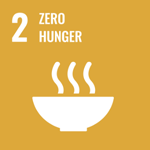
Vertical farming allows for year-round crop production, efficient use of farming space and the absence of chemicals and pesticides. Automation accelerates the seed to harvest process, lowers cost and speeds up delivery time for produce to market, increasing access to healthy foods in urban areas. UL’s Standards & Engagement’s Standards address the many systems required to safely operate vertical farms, including UL 8800, the Standard for Horticultural Lighting Equipment and Systems. This Standard includes requirements for photobiology testing, which determines the radiation hazards of the luminaires as well as, the methodology to reduce exposure.
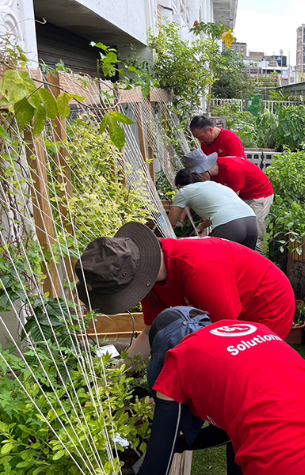
A Trusted Partner in the Assessment of the Vertical Farming Systems | UL Solutions
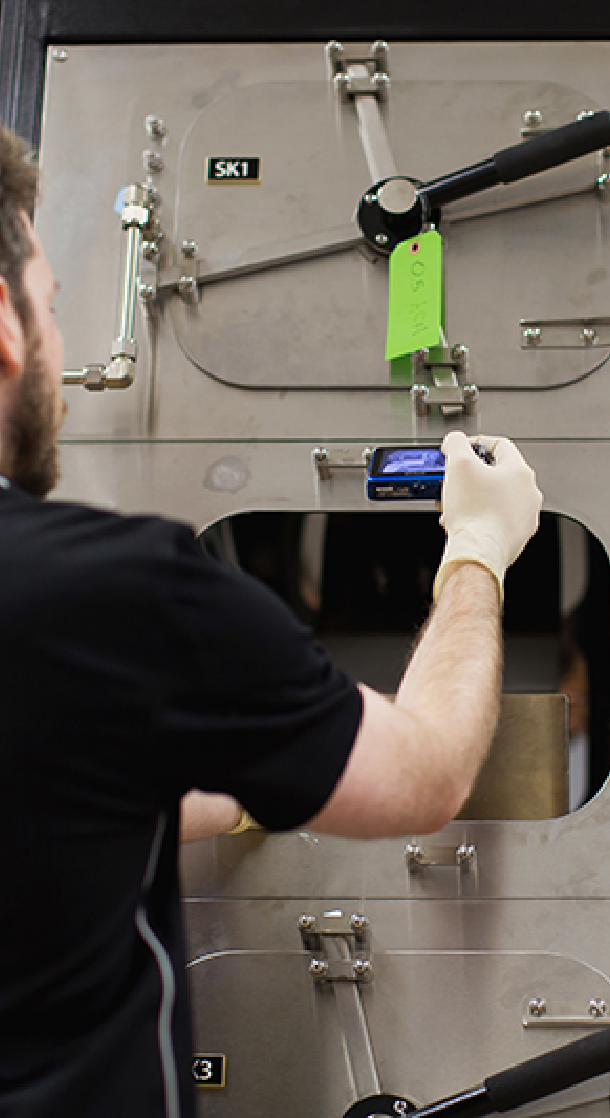
Ensure healthy lives and promote well-being for all at all ages
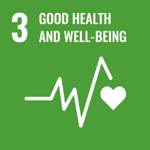
Chemical safety is paramount to human health as chemicals are used in manufacturing processes in every industry. Humans interact with chemicals in the air we breathe, the food we consume and the products we purchase and use. Our GREENGUARD Certification helps consumers identify low chemical emissions products and avoid certain airborne chemicals, volatile organic compounds (VOCs) that may lead to chronic disease or cancer. In addition to limiting emissions of more than 360 VOCs and total chemical emissions, GREENGUARD Gold Certified products must also comply with requirements of the state of California Department of Public Health (CDPH) Standard Method for the Testing and Evaluation of Volatile Organic Chemical Emissions from Indoor Sources Using Environmental Chambers, also known as California Section 01350.
Ensure inclusive and equitable quality education and promote lifelong learning opportunities for all
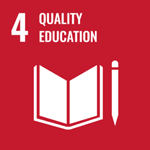
Our learning and development services provide people with the tools they need to perform their work safely and expertly and advance in their careers. Courses cover a wide range of topics including autonomous vehicle safety, building inspection safety, environmental health and safety (EHS) courses through PureSafety powered by LearnShare, and our ComplianceWire® e-learning library for life sciences.
UL Solutions ComplianceWire® Achieves Half a Billion Trainings | UL Solutions
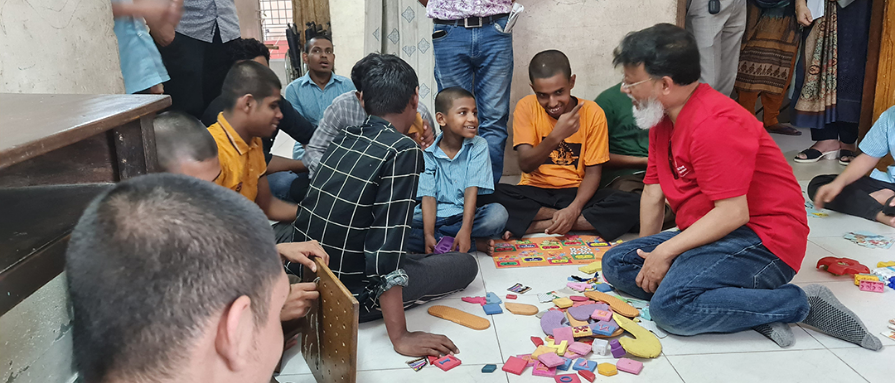
Ensure availability and sustainable management of water and sanitation for all
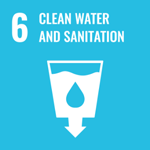
We test and certify drinking water system components for their impact on human health, improving water quality through our services. As water travels through a distribution system, there is an increase in contaminants due to the myriad touchpoints on the journey, including pipes, fittings, coatings and valves. We analyze water through these systems for contamination and the safety of water treatment chemicals, helping to enable cleaner water at the tap.
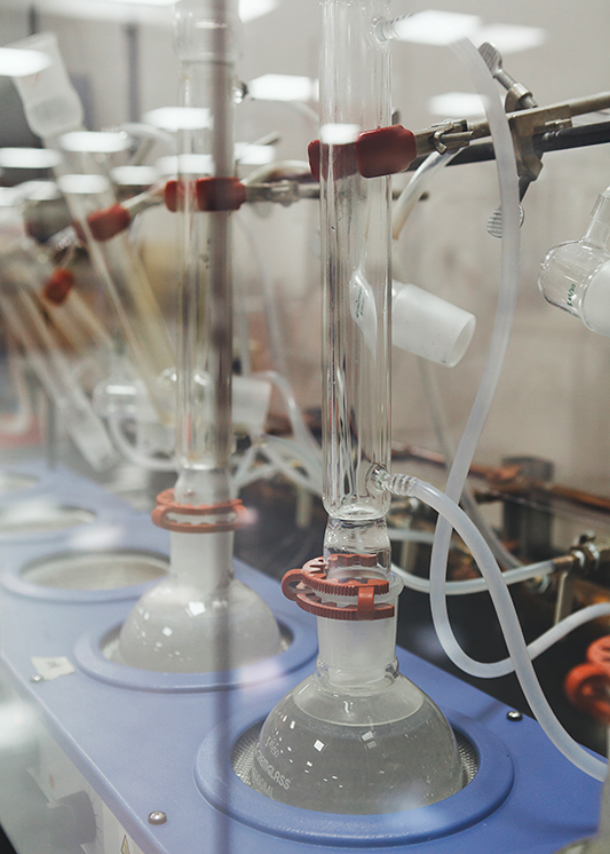
Ensure access to affordable, reliable, sustainable and modern energy for all
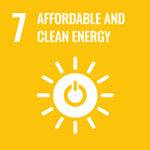
With over 35 years of experience, we’ve worked on more than 300,000 MW of renewable energy projects in more than 140 countries, significantly contributing to the global adoption of renewable and distributed energy resources (DER). Among our many service offerings in renewable energy, including grid solutions and solar and wind testing, inspection and certification services, we also provide renewable energy software solutions. HOMER modeling software facilitates decision-making on the optimal mix of resources, system configuration, and capital and operating costs of microgrids and DER.
Renewable Energy Software Solutions | UL Solutions
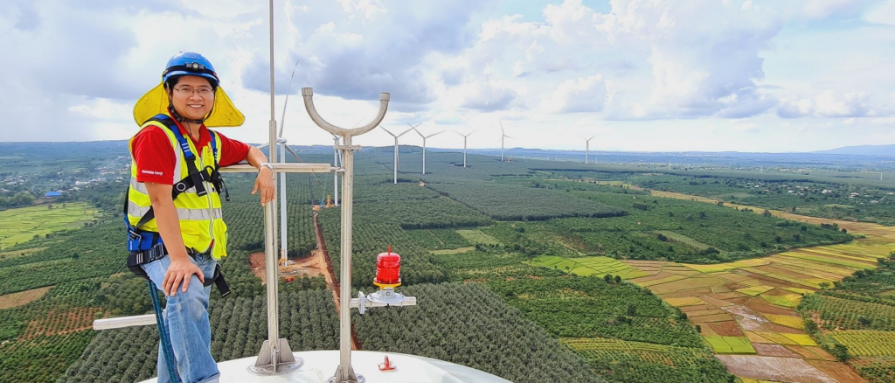
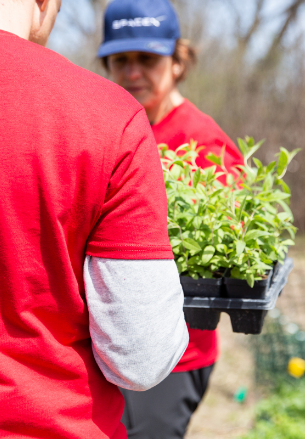
Promote sustained, inclusive and sustainable economic growth, full and productive employment and decent work for all
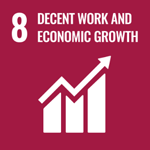
Our suite of sustainability services and solutions helps foster sustainable economic growth while helping customers validate the safety, security and sustainability of the processes and people across their value chain. Our ESG management and supply chain transparency solutions enable better business practices to improve workplaces and working conditions. Our responsible sourcing (RS) services address developing RS programs, supply chain risk and due diligence, audits and supplier performance.
Industry, innovation and infrastructure - Build resilient infrastructure, promote inclusive and sustainable industrialization and foster innovation
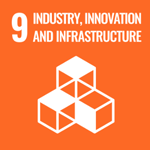
We help contribute to sustainable industrialization and a more inclusive, interconnected world at the forefront of innovation, providing testing services for the Internet of Things (IoT), autonomous vehicle safety, and training and certification for artificial intelligence and machine learning theory and predictive modeling and simulation services help advance innovation and efficiencies across many industries. We also evaluate medical, industrial and commercial robots to help enable their safe operation in environments where people are present.
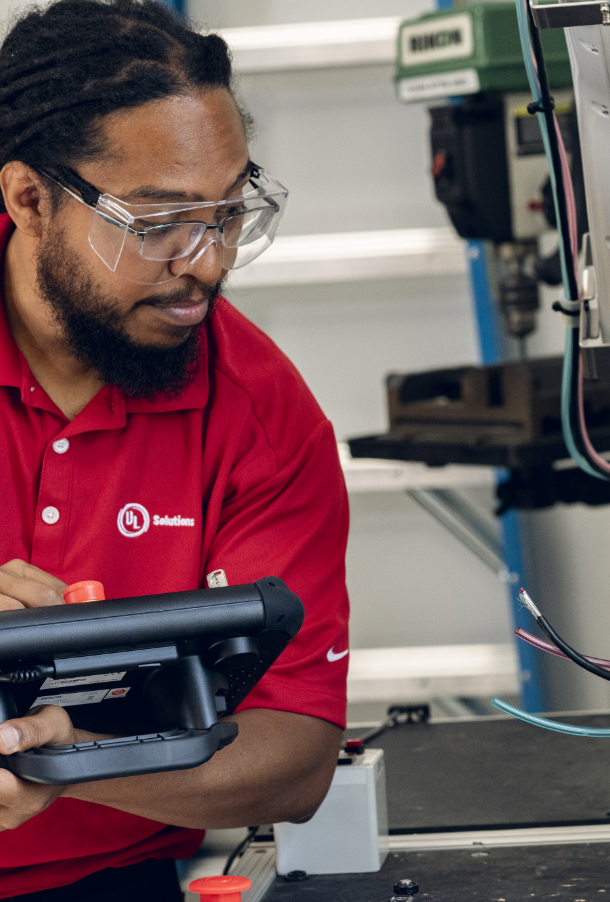
Make cities and human settlements inclusive, safe, resilient and sustainable
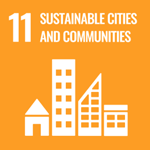
We help enable a safer, smarter and more sustainable built environment through service offerings like building envelope advisory and field testing, ventilation and filtration assessments, lightning protection, firestop and fire door inspections, and more. We test for interoperability, accessibility and security in smart buildings designed to maximize efficiency and minimize waste. We also offer advisory support for green building certifications. We also validate and help enable healthier indoor environments through our Verified Healthy Building Program.
Safe, Smart and Sustainable Buildings | UL Solutions
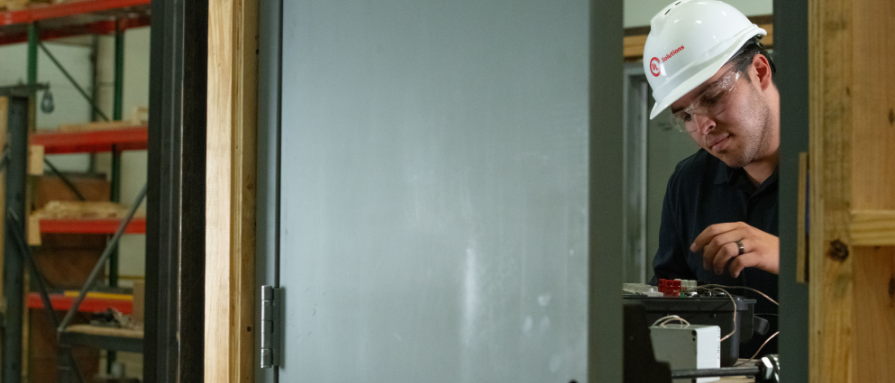
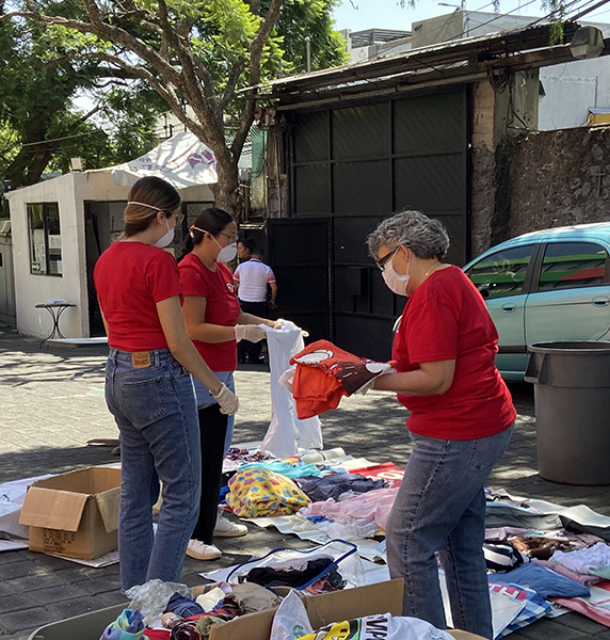
Ensure sustainable consumption and production patterns
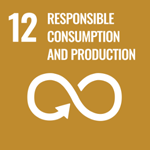
Responsible consumption and production requires us to rethink how we use, preserve and protect natural resources. As businesses transition from take-make-dispose linear production styles to circular processes we validate their efforts to keep waste out of landfills, recycle and reuse materials, and incorporate bio-based content into products.
Take urgent action to combat climate change and its impacts
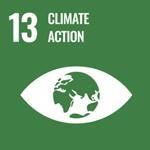
We help our customers collect and measure carbon data to set and achieve their climate targets through our carbon reporting solution. UL 360 sustainability software solutions enable carbon reporting to Scope 1, 2 and all categories of scope 3 emissions in accordance with the global Greenhouse Gas Protocol. Our software solutions empower carbon emissions management and accountability by easing ESG reporting tasks to recognized frameworks like Report to frameworks such as CDP, GRI, Dow Jones Sustainability Index, Sustainability Accounting Standards Board and the United Nations Global Compact.
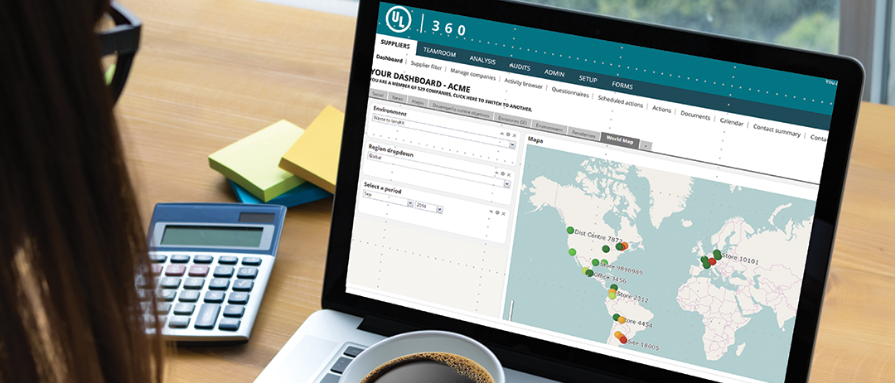
Conserve and sustainably use the oceans, seas and marine resources for sustainable development
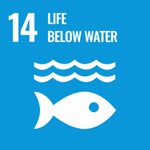
We continue to collaborate with OceanCycle, a leading social enterprise focusing on reducing ocean plastic pollution, to align industry standards related to ocean-bound plastics, promote transparency of the standards, and develop the marketplace for ocean-bound plastics. According to Oceana.org, “an estimated 33 billion pounds of plastic enter the ocean every year or roughly equivalent to dumping two garbage trucks full of plastic into the oceans every minute.”
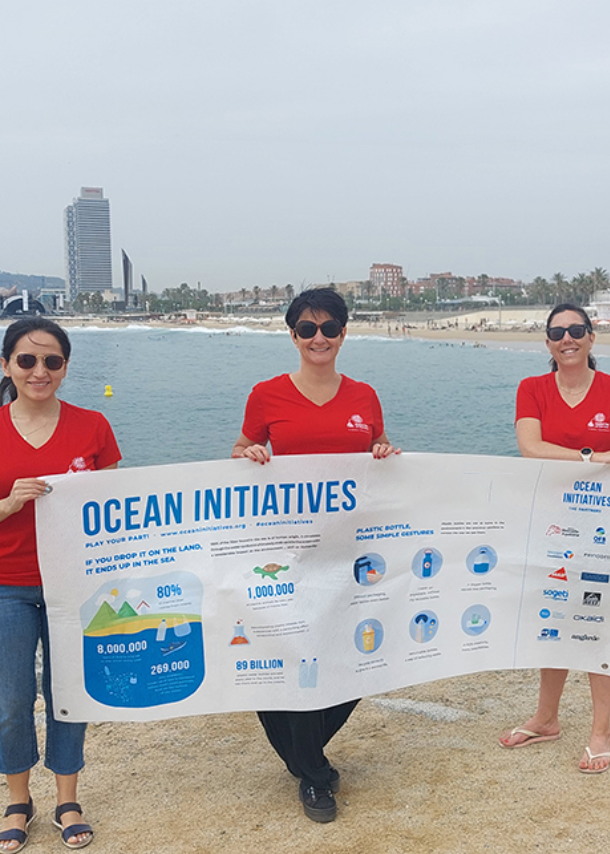
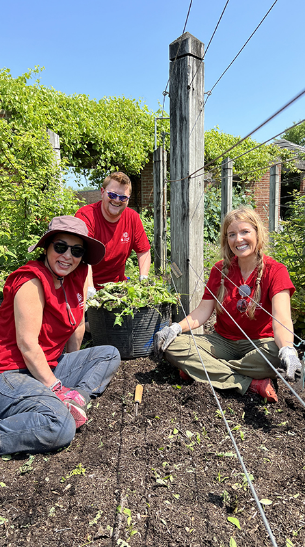
Protect, restore and promote sustainable use of terrestrial ecosystems, sustainably manage forests, combat desertification, and halt and reverse land degradation
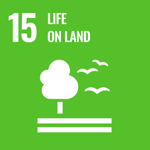
By reducing the virgin material used in packaging and products, manufacturers can help preserve precious natural resources. Our science-based recycled content claim validation, according to UL 2809-2, Environmental Claim Validation Procedure (ECVP) for Recycled Content, authenticates post-consumer and pre-consumer closed-loop or total recycled product. Our sustainability and supply chain capabilities offer transparency into regions at risk for deforestation, materials transparency and environmental obligations, and our Ecologo Certifications demonstrate reduced environmental impacts in products, services and packages.
Partnering with our customers on their sustainability journey
Our customers care about sustainability and understand that ESG issues are important to corporate resiliency and continued prosperity. Our customers know that sustainability will transform their businesses by incorporating operational efficiency, supply-chain resilience and risk mitigation across their Scope 1, 2 and 3 analysis and reporting. To meet their needs, we will remain focused on sharpening our strategic advantages and offering science-based solutions to help our customers navigate their sustainability journeys. We are dedicated to helping our customers solve their biggest challenges and leading in sustainability.
Continual evolution
2022 brought its own challenges to bear as COVID-19 continued to impact people and supply chains and the invasion of Ukraine brought new disruptions and soaring energy prices. Still, we worked to fulfill our mission around the world and to provide new offerings to meet our customers’ needs with regulatory, supply chain integrity and sustainability solutions.
Customer impact
New sustainability services to enable ESG for our customers
As we navigate our sustainability impact, we must focus our sights on what we actually can affect and the work that we have the greatest capacity to carry out. In 2022, UL Solutions partnered with ERM, to complete a third-party validated materiality assessment. Our employees and internal and external stakeholders were surveyed and interviewed to determine the prioritization of ESG topics based on the potential risk, opportunity and significance of our impact. The results demonstrated that our employees and stakeholders consider satisfying our customers and helping them advance toward their ESG goals our highest ESG priority.
We have steadily expanded our portfolio of ESG and sustainability solutions to this end, and in 2022, the following new services and developments demonstrate our ongoing commitment and responsive approach to satisfying our customers and meeting their ESG needs.
- Read more
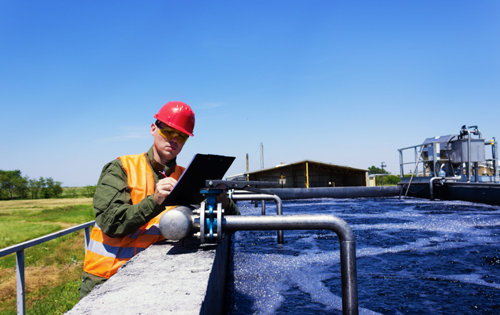
New service: Net Zero Water Validation
Although often overlooked as a risk to our planet, water scarcity is becoming an increasingly critical area of concern. In 2022, the World Health Organization estimated that more than 2 billion people lived in water-stressed countries. That number will continue to rise as a result of climate change and population growth.
Although policy related to enterprise water conservation is fragmented, leaders of high-water-use industries are beginning to wake up to the importance of lowering water demand and increasing water resiliency.
As water neutrality efforts gain traction, manufacturers, brand owners, retailers and building owners seek tools to enable them to measure, manage and communicate their progress to stakeholders. Furthermore, market leaders who have achieved water neutrality at their facilities are seeking a trustworthy third party to validate their claims.
UL Standards & Engagement published UL 1397, Environmental Claim Validation Procedure (ECVP) for Net-Zero Water, an innovative validation procedure that provides a framework for the evaluation and validation of net zero water claims for sites, facilities, campuses, or any defined system of contiguous or discontinuous sites.
A net zero water system reduces the demand for fresh water sourced from surface or groundwater, which is offset by alternative water sources and water returned to the original watershed. Using UL ECVP for Net Zero Water, our experts have a framework to evaluate and validate net zero water claims. We validate lower demand for water and increasing water resiliency by minimizing withdrawals and returning an equal volume of water to the source from which it was withdrawn, without degradation to the watershed or aquifer. Sites that comply with UL 1397 requirements may use the UL Environmental Claim Validation Mark to showcase their commitment to water conservation and differentiate in the marketplace.
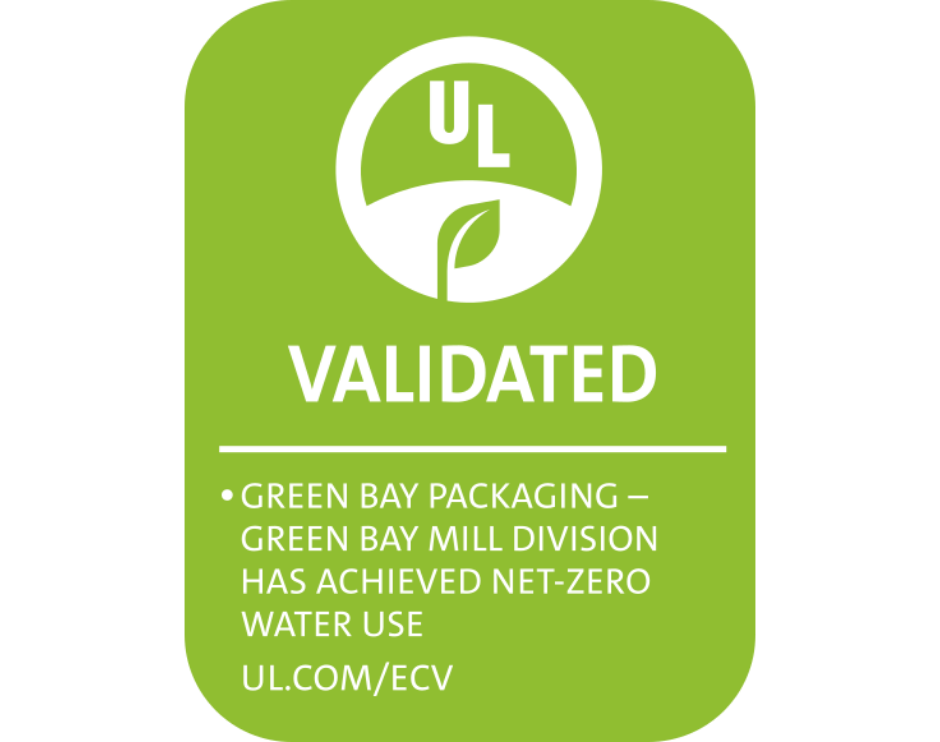
Green Bay Packaging achieves first UL Environmental Claim Validation Mark for Net Zero Water System
In February 2022, Green Bay Packaging Inc., a paper and packaging manufacturing company headquartered in Green Bay, Wis., became the first company in the world to achieve the UL Environmental Claim Validation Mark for the net zero water system at Green Bay recycled paper mill. The net zero water system benefits community water resources while furthering innovation of sustainable corrugated packaging products for Green Bay Packaging’s customers and end consumers. Their reclaimed water loop with the local municipal wastewater utility integrates circularity in their papermaking process. We are excited by the strong commitment to sustainability and preserving water resources that Green Bay Packaging has shown by achieving net zero water use based on the UL Environmental Claim Validation Procedure.
New service: Product Carbon Footprint
We launched our Product Carbon Footprint Verification as an extension of our existing ISO 14064-3 GHG Statements Verification Program). In Product Carbon Footprint Verification, we use the widely accepted ISO 14064 standard to evaluate whether a product’s carbon footprint calculations and reporting are done in accordance with ISO 14067. This objective, third-party program empowers companies to offer transparency around their products’ complete carbon impact, a critical first step in reducing carbon emissions.
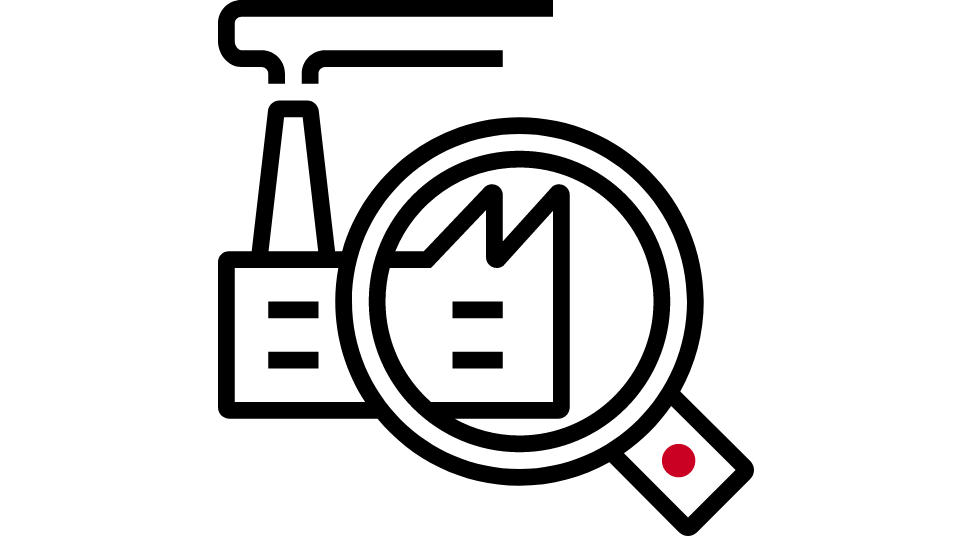
Samsung first to have Product Carbon Footprint Verified by UL Solutions
In January 2022, UL Solutions verified the product carbon footprints of four C-series 3W Automotive LED packages manufactured by Samsung — third-generation (Gen3) 3W White, Gen3 3W Amber, second generation (Gen2) 3W White and Gen2 3W Amber — for meeting the ISO 14067 standard. Our Product Carbon Footprint Verification program helps the South Korean multinational electronics company build end users’ trust with greater transparency. UL Solutions’ Product Carbon Footprint Verification enables companies to act on climate by offering visibility into the carbon emissions of their products.
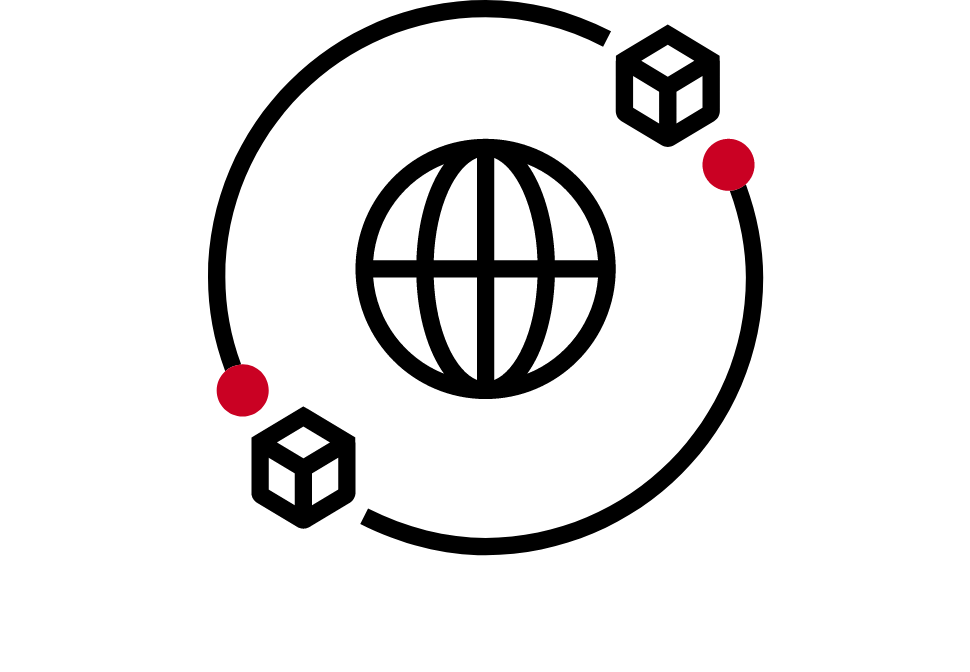
UL 3600, Measuring and Reporting Circular Economy Aspects of Products, Sites and Organizations, Accredited by ANSI
To mitigate a wide range of global environmental concerns, from resource scarcity and supply chain volatility to bioaccumulation of toxic chemicals, more companies are moving away from linear production models. We are encouraged to see these companies adopting circular models in their place, prioritizing sustainability practices such as eliminating waste, reusing materials and regenerating natural resources.
Until recently, a company’s circularity has been difficult to quantify and communicate. To address this issue, UL Standards & Engagement published UL 3600, Measuring and Reporting Circular Economy Aspects of Products, Sites and Organizations. This Standard can help companies improve trust in circularity claims by giving them a way to transparently communicate sustainability efforts to consumers. UL 3600 measures sustainability at the site, product and company levels and provides a report that enables a company to share its ability to eliminate waste and keep goods in productive use over time.
The measurement helps demonstrate the overall efficacy of the company’s sustainability efforts, including the use of recycled content and bio-based content, recyclability of products, waste minimization, and landfill diversion. In order to streamline the evaluation process, the Standard allows companies to provide existing metrics rather than requiring the collection of new data for each evaluation. The score also includes corporate social responsibility elements such as addressing worker health and safety throughout the supply chain, and measuring DEI in the company workforce and leadership levels to assist companies in ESG reporting.
This Standard gives a total picture of circularity in a simple, easy-to-read format. In 2022, we updated the existing Standard and aligned it to global frameworks. The updated Standard was accredited by the American National Standards Institute (ANSI), which signifies that the Standard development procedure met ANSI’s requirements for openness and due process. Accreditation adds credibility to the Standard and often increases market acceptance. We are excited to continually improve customers’ pathways to communicate their total circularity impact.
DieHard batteries first to receive Environmental Claim Validation for Recycled Content
The popularity of green product marketing has caused a rise in the use of eco-labels, making it difficult to differentiate genuinely environmentally preferable products. Our Recycled Content Validation evaluates products to UL 2809, Environmental Claim Validation Procedure (ECVP) for Recycled Content. Using this framework, we assess products’ post-consumer, pre-consumer (post-industrial) recycled content, closed loop or total recycled content, ocean plastic, ocean-bound plastic or by-product synergy. Our ECVP provides third-party validation that sustainability claims are accurate.
Leading automotive aftermarket parts retailer Advance Auto Parts’ brand DieHard became the world’s first automotive battery to achieve a Recycled Content Validation by UL Solutions. We used a science-based, mass balance approach within UL 2809 to validate the sustainable reclamation and manufacturing process of DieHard AGM batteries.
Used batteries collected at Advance retail stores undergo a recovery process, with plastics and lead recycled and used by Advance Auto Parts’ supplier Clarios in the production of new DieHard AGM batteries. Our Environmental Claim Validation program helps brands like Clarios and Advance demonstrate their commitment to sustainability. The closed-loop recycled content claim on DieHard AGM batteries helps boost customers’ confidence that they are selecting a more sustainable auto battery.
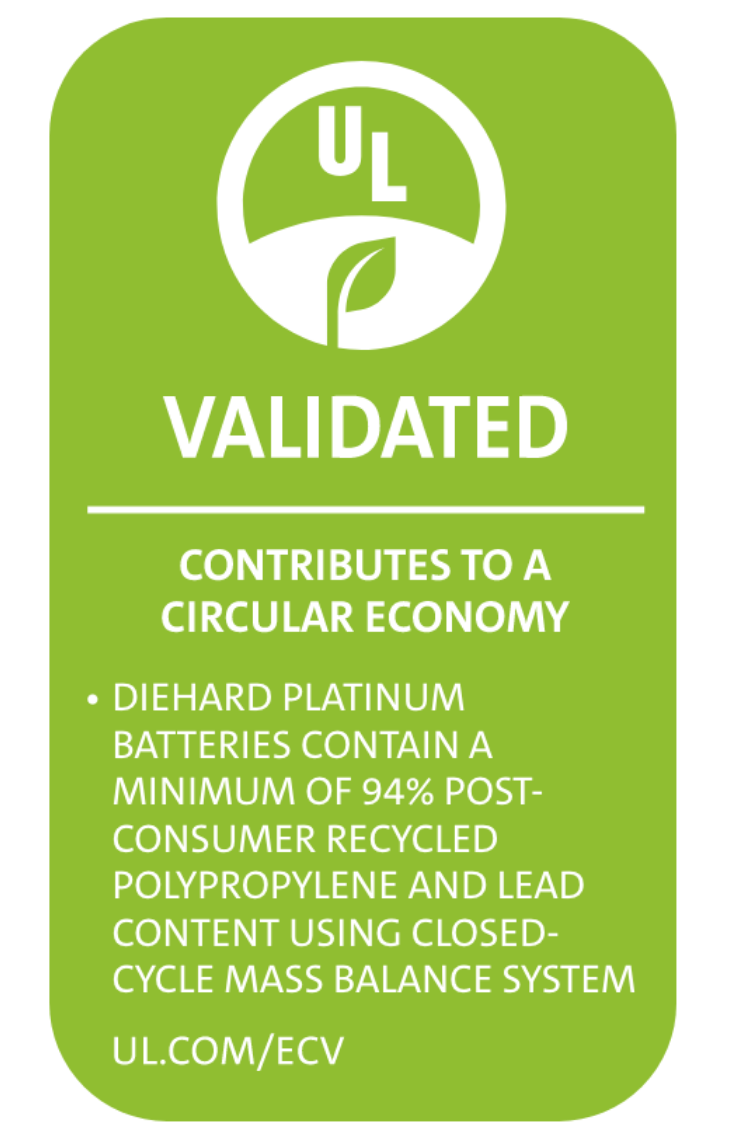
Validating our commitment to customer satisfaction and ESG enablement
We are motivated by our materiality assessment results validating our focus on delivering sustainability services and satisfaction to our customers while we help them achieve their important ESG goals. These services align with UN SDG #6, “Ensure availability of sustainable management of water and sanitation for all,” #12, “Ensure sustainable consumption and production patterns,” and #13, “Take urgent action to combat climate change and its impacts.” UL Solutions addresses our own consumption of resources through the work of dedicated environmental task forces while our services and offerings empower our customers to employ sustainable business practices, advance toward circularity, enhance supply chain transparency and alleviate water scarcity.
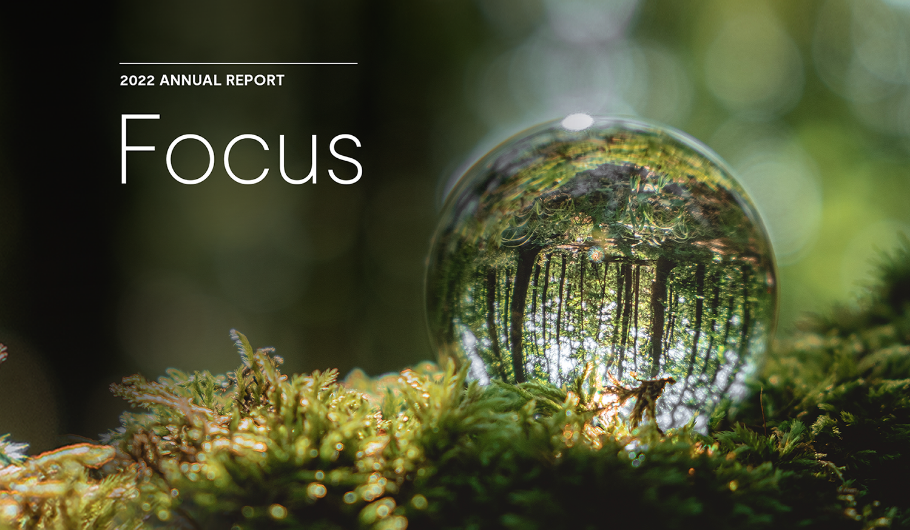
In shared pursuit of progress
At UL Solutions, we recognize the vital role that industry and trade associations play helping fulfill our mission and meeting our stakeholders’ needs. Our employees are actively involved in a range of industry and trade associations, working collaboratively with our partners to share expertise and insights to drive innovation and create positive impact. Our partnerships with organizations such as the National Association of Manufacturers, and the Retail Industry Leaders Association enable us to work together toward our shared vision of a safer, more secure, and more sustainable world. We also work closely with associations including the Telecommunications Industry Association to enable smart building adoption positively impacting power and energy, health and well-being, life and property safety, connectivity, cybersecurity and sustainability.
We engage in a number of associations through board participation, committee assignments, and speaking engagements, including the Chicago Council on Global Affairs, AmCham Denmark, the Commercial Club of Chicago and the TIC Council.
As a company founded on sharing our scientific research and discoveries to work for a safer world, our subject matter experts across the enterprise contribute to essential global dialogues and sustainability research. SDG #17 reveals the need for cross-industry, public, private and civil society partnerships to accomplish sustainability goals. We embrace this SDG through participating in collaborative research and thought leadership, working directly with partners across the circularity value chain. We continue to increase our level of engagement and lend our science-based expertise to our key sustainability alliances, helping to drive global progress.
Sustainability research and scientific expertise
UL Becomes Founding Partner of the International Science Reserve | UL Solutions
Further advancing our safety mission, UL Solutions invested as founding partners in the International Science Reserve, a community of scientists and technologists with a mission of engaging the scientific community to help the world confront and mitigate potential global catastrophes such as wildfires, climate change impacts and pandemics. UL Solutions’ technical and regulatory expertise in applied safety science has proved valuable in designing this groundbreaking collaborative model.
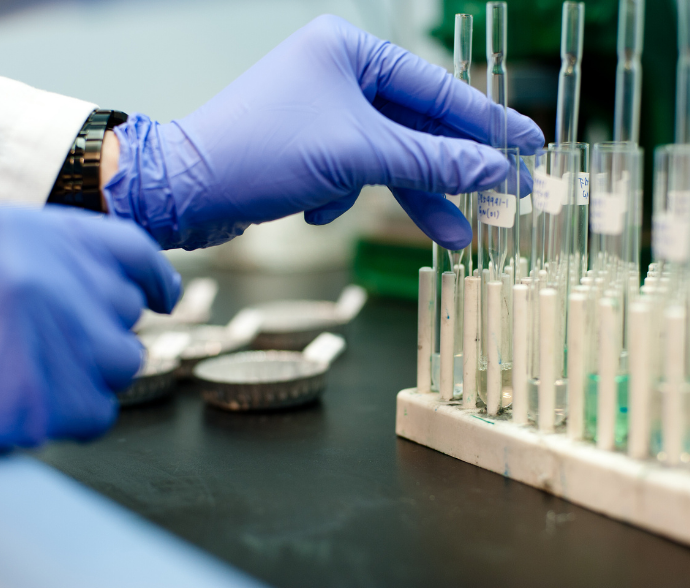
- Read more
Circular economy for renewable energy technologies:
UL Solutions continues to work with the International Photovoltaic Quality Assurance Task Force (PVQAT) to advance circular economy aspects for solar energy technology, including sharing best practices for repurposed electric vehicle (EV) batteries and other electrical equipment.
Hydrogen safety:
UL Solutions is active in the work of the Center for Hydrogen Safety and the Hydrogen Safety Panel, to support its mission alongside global engineers, scientists and regulatory officials to enable the safe and timely transition to hydrogen and fuel cell technologies, the safe handling and use of hydrogen, and the safe and sustainable deployment of green hydrogen solutions.
Energy Storage Safety:
UL Solutions worked closely with key stakeholders in California to accelerate safe deployment of innovative energy storage system solutions across the state. This includes close collaboration with the California Energy Commission on a number of important workstreams and extensive work with the California Energy Storage Alliance.
Cybersecurity for distributed energy resources:
UL Solutions’ collaboration with the National Renewable Energy Laboratory (NREL) to advance the cybersecurity of energy infrastructure, improving approaches to deploying distributed energy resources (DERs) such as solar arrays to better resist cyberattacks reached a major milestone. As DERs proliferate, we must keep them cyber-secure for a safe, reliable and resilient energy infrastructure. UL Solutions, with input from NREL, industry, National Laboratories and others published UL 2941, Cybersecurity of Distributed Energy & Inverter Based Resources, specifying comprehensive requirements for energy assets to resist cyberattacks. UL Solutions also serves on the Advisory Board for the U.S. Department of Energy’s Securing Solar for the Grid (S2G) initiative, advancing security and resiliency of the rapidly increasing solar energy infrastructure.
U.S. Department of Energy (DOE) research:
UL Solutions has completed its work on a three-year research grant for the U.S. Department of Energy (DOE) to further understand the life of photovoltaic (PV) modules in collaboration with team members from the NREL, National Institute of Standards and Technology (NIST), academia and industry. This project informed the PV industry on optimal ways to design and develop materials and PV modules, and resulted in a spatio-temporal model, promoting more durable PV systems that exceed the current performance and financial aspects of solar power. This work won an award at the NREL PV Reliability Workshop.
SPIRE™ Smart Buildings:
According to the World Green Building Council, the construction sector holds responsibility for 35% of energy consumption globally, as well as 38% of energy-related carbon emissions and 50% of resource consumption. The SPIRE program, administered by UL Solutions, assesses smart buildings across six areas: life and property safety, health and well-being, power and energy, cybersecurity, sustainability, and connectivity. Smart buildings reduce environmental impact by curbing energy use and using automated tools to monitor temperature and lighting. UL Solutions partnered with Microsoft to conduct SPIRE assessments for sites across the globe and grant it the highest performance ratings in the program to date.
SolarAPP+:
UL Solutions’ efforts to support the development and scaling of SolarAPP+ resulted in new milestones. SolarAPP+ is an innovative software tool enabling immediate permitting of residential rooftop solar and solar+storage installations. SolarAPP+ is now used in nearly 30 jurisdictions and growing, with over 10,000 permits issued and nearly 60 kilowatts of solar approved.
ISEN:
UL Solutions has partnered with Northwestern University’s Institute for Sustainability and Energy (ISEN). The mission of the Institute is to advance global sustainability and energy solutions through transformational research, interdisciplinary education, and public engagement. UL Solutions serves on ISEN's Executive Council, an advisory board of renewable energy executives, conservationists, and cleantech entrepreneurs advising the Institute on industry trends and policy.
EV Charging:
UL Solutions continued its efforts to support development of a safe global infrastructure for the rapidly increasing fleets of electric vehicles being deployed across the world. This included safety training for the Gulf Cooperation Council (GCC) Standardization Organization (GSO) and member states in the Gulf Region.
Micromobility Safety:
UL Solutions collaborated with the U.S. Consumer Product Safety Commission, the city of New York, and others to support meaningful advancement of the safety of electrified micromobility devices including e-bikes. Micromobility devices play an important role in advancing social equity, expanding practical transportation options for economically challenged and underserved communities that can lead to better employment, education and other advancement opportunities. UL Solutions’ work on safety and certification of these technologies provides greater protection of the public from potential fire hazards associated with uncertified devices.
Our sustainability SMEs are pivotal to advancing ESG science and deepening the world’s capabilities to address future risks, while helping UL Solutions develop future opportunities into customer service offerings.
Reflections and commitments
Our mission to help make the world a safer place anchors our efforts to enact our purpose to partner with our stakeholders and apply science to the safety, security and sustainability challenges they face. Our corporate sustainability purpose, strategy and alignment push us to remain responsible and lead ESG enablement through our words, actions and the services we provide.
We will continue to prioritize investment in a broad range of ESG-related testing, inspection and certification (TIC), software and advisory services to support our customers’ ESG journey including: energy efficiency, renewables, electric/autonomous vehicle, batteries and energy storage, material sourcing, chemical data management, supply chain and product stewardship and environmental health and safety, among many other services and capabilities.

On a shared mission
Our continued commitment to our mission represents an ongoing commitment to our stakeholders. As our journey together progresses, we resolve to keep working for a safer, more secure and more sustainable world for all people, no matter the challenges we face.





